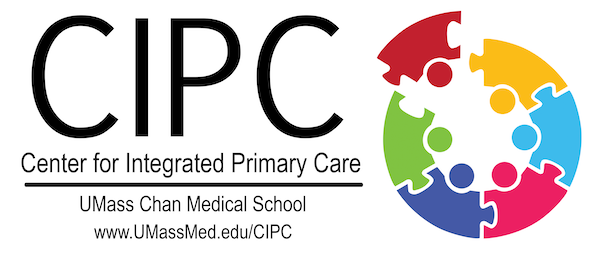Curriculum Overview
After viewing each Lesson, participants will be able to:
Module 1: Mental Health and Primary Care in an Inequitable Society
-
Current State of Mental Healthcare and the Role of Primary Care
-
Social Context and Structures of Oppression
-
Culturally Humble and Structurally Competent Care
-
Trauma-Informed Care
Module 2: Mental Health & Substance Use Screening in Primary Care
-
Screening for Unmet Behavioral Health Needs in Primary Care
-
Communication Strategies Unique to Behavioral Health Screening
Module 3: Initial Principles of Mental Health Care & Patient Engagement
-
The Role of Stigma and Structural Barriers to Mental Health Care
-
Key Principles of Initial Mental Health Related Diagnosis & Assessment
-
General Approach to Counseling Interventions
-
General Principles of Psychopharmacology
-
Major Classes of Psychotropic Medications
Module 4: Patient-Centered Conversations: The Skill of Engaging Patients in Behavioral Health Follow-Up
-
Team-Based Care and Clarifying Roles
-
Assessing Readiness to Meet with a Behavioral Health Provider
-
Conducting Successful Initial Introductions
-
Tailored Strategies to Engage Patients Reluctant to See a BH Provider
Module 5: Counseling Approaches Tailored for Primary Care Clinicians
-
Core Therapeutic Elements of Clinician Responses to Mental Health Disclosures
-
Evidenced-Based Approaches for Behavior Change
-
Cross-cutting, Evidence-Informed Counseling Approaches
Module 6: What Sets the Stage: Chronic Stress, Adversity, & Trauma
-
Stress & Emotions: Vulnerability-Stress Model
-
Human Nature: A Spectrum of Expected Emotional Distress
-
Definition of Trauma, Prevalence of Trauma Exposures, and Nature of Complex Trauma
-
Stress and Emotional Health Responses to Poverty, Oppression, Discrimination & Exclusion
-
Chronic Stress as a Driver of Chronic Physical & Mental Health Conditions
Module 7: Trauma & Stressor Related Disorders
-
Adjustment Disorders
-
Assessment and Diagnosis of Acute Stress Disorder and PTSD
-
Complex PTSD and Developmental Trauma Disorder
-
Evidence-Based Behavioral and Pharmacotherapy Treatments for PTSD
Module 8: Anxiety & Obsessive Compulsive Disorders
-
Introduction to Anxiety Disorders
-
Generalized Anxiety Disorder
-
Panic attacks and Panic Disorder
-
Other anxiety Disorders
-
Obsessive-Compulsive Disorder
Module 9: Care of Patients with Medically Unexplained Symptoms
-
The Unexplained Symptoms and Diagnostic Humility
-
Health Anxiety & Illness Anxiety Disorder
-
Somatic and Functional Neurological Symptom Disorders
Module 10: Depressive Disorders
-
Introduction to Depressive Disorders
-
Major Depressive Disorder
-
Depression Unresponsive to Currently Available Treatments and Psychotic Depression
-
Persistent Depressive Disorder and Seasonal-Onset MDD
-
Premenstrual Dysphoric Disorder and Depressive Disorder Due to Other Medical Conditions
Module 11: Substance Use Disorders
-
Substance Use Disorder Diagnosis and Patient Engagement
-
Chronic Care Model and Substance Use Disorders
-
Medication Treatments for Substance Use Disorders & Levels of Care
Module 12: Attention-Deficit/ Hyperactivity Disorder
-
Primer on ADHD in Children and Adolescents
-
Diagnosis of Adult ADHD & Management in Primary Care
Module 13: Bipolar Disorders
-
Introduction to Bipolar Disorders
-
Hypomanic & Manic Episodes
-
Depressive Episodes, Mixed States, & Cyclothymia
-
Maintenance Treatment and Mood Stabilizer Side Effect Management
Module 14: Psychosis, Schizophrenia, & Other Related Disorders
-
Introduction to Psychosis, Screening, & Assessment
-
First-Episode Psychosis
-
Schizophrenia, Schizoaffective Disorder, & Delusional Disorder: Core Features & Treatment
-
Metabolic Health, Antipsychotics Side Effect Management, & Maintenance Outside of Acute Episodes
-
Responding to Medication Hesitancy
Module 15: Other Common Disorders
-
Insomnia
-
Eating Disorders
